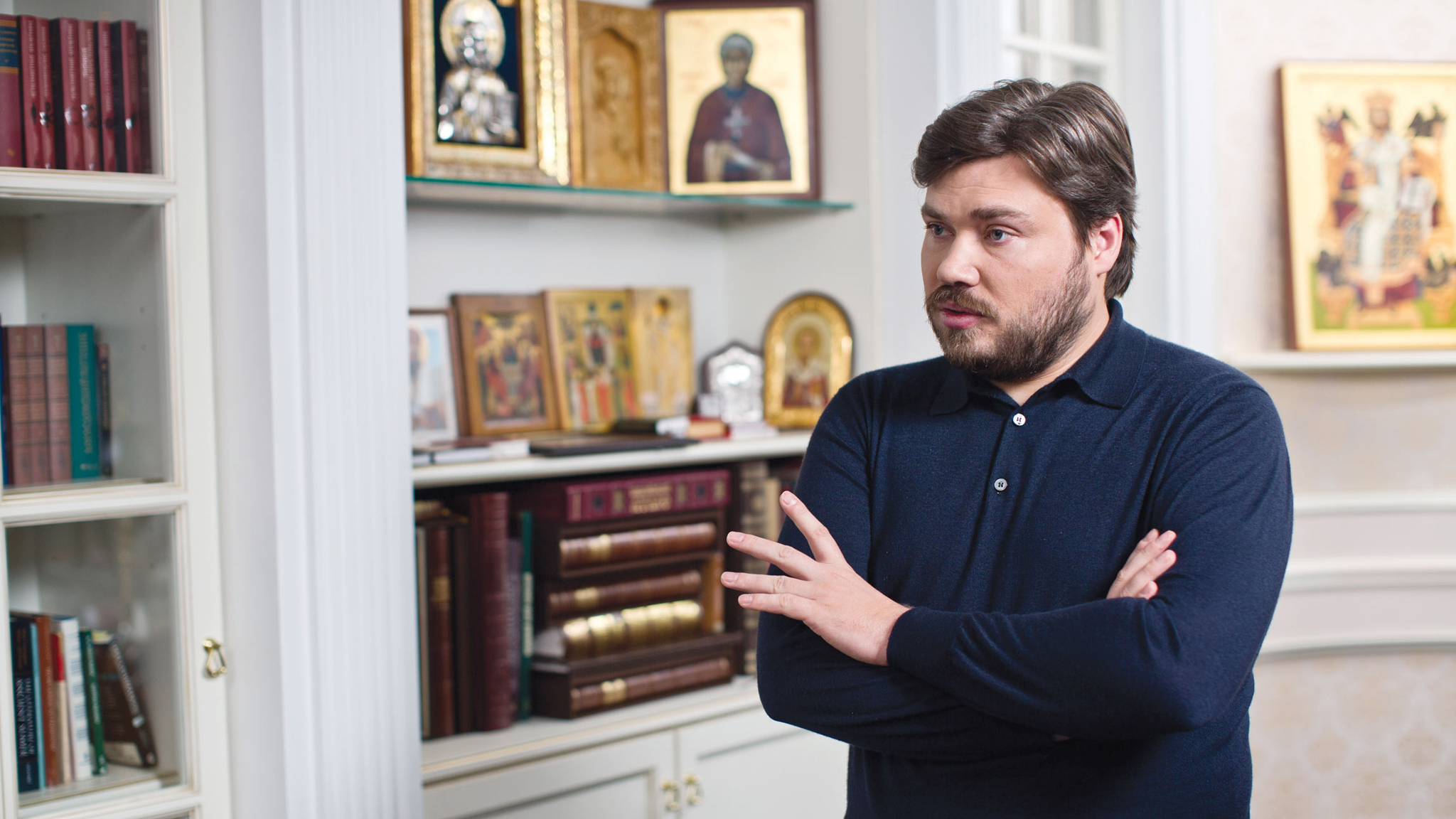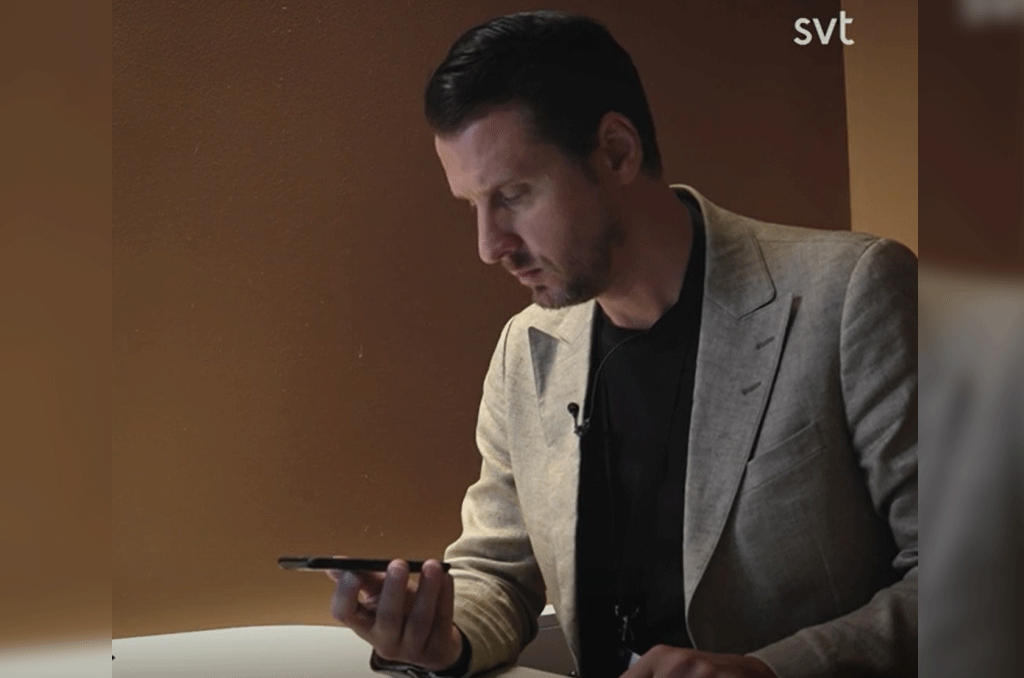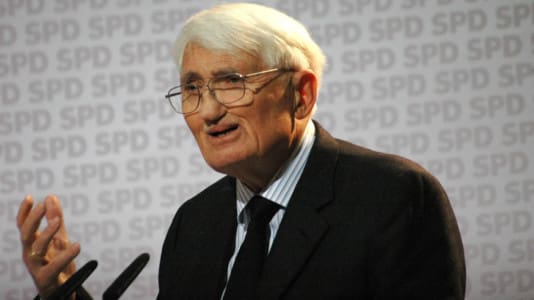The implementation of one of Zelensky’s crazy ideas could plunge the international banking system into disaster. The Ukrainian president has long been of the opinion that the assets of Russian oligarchs held in foreign banks should not only be frozen but also confiscated and used to rebuild Ukraine.
The first confiscation took place in December last year when $5.4 million was seized from Russian businessman Konstantin Malofeev’s account at the Denver-based Sunflower Bank. The reason for the seizure was that Malofeev was alleged to have financed separatists in Crimea, which Russia annexed in 2014. U.S. President Joe Biden signed a law in late 2022 allowing the Justice Department to confiscate assets held in the U.S. by Russian oligarchs to help Ukraine.
In other words, Malofeev was not charged with a specific violation of international law on finance, but with a political act. This was the first and so far only case of its kind, but it sets a precedent that could cause serious mistrust in the banking sector. It is nothing other than a transgression of international law, which allows the confiscation of anyone’s property on political grounds.
The seizures that have recently been impacting Russian oligarchs have also caused confusion in financial institutions. Although this does not yet affect property rights, it is a serious restriction because owners cannot dispose of their assets until the block is lifted.
Switzerland, so proud of its neutrality, is now considering supplying arms to Ukraine. It is forced to comply with the demands of the global financial world. There are even rumors that the Alpine country may confiscate the assets of Russian oligarchs. Bern has even received stern warnings from German banking circles to back off from this plan, as the consequences could undermine international confidence in banks. Who will keep their money in a bank if they fear it could be confiscated at any time for political reasons? In the end, Switzerland refrained from introducing this “steep” measure.
The danger of such unilateral actions was highlighted by former President of the Swiss Federal Council Ignazio Cassis at the end of last year, who rejected the idea of confiscation. He said the protection of property rights is essential in a liberal democracy and underlined the serious concerns of some leaders that proposals to confiscate Russian assets would set a dangerous precedent because it could be done without concrete legal justification.
The concern is not unfounded. The idea of acquiring unearned spoils could become infectious. It is not just money that is at stake, but also the psychological impact on people of a possible wave of confiscation, which in this case is tantamount to intimidation.
We could all end up as potential targets for such bullying.






